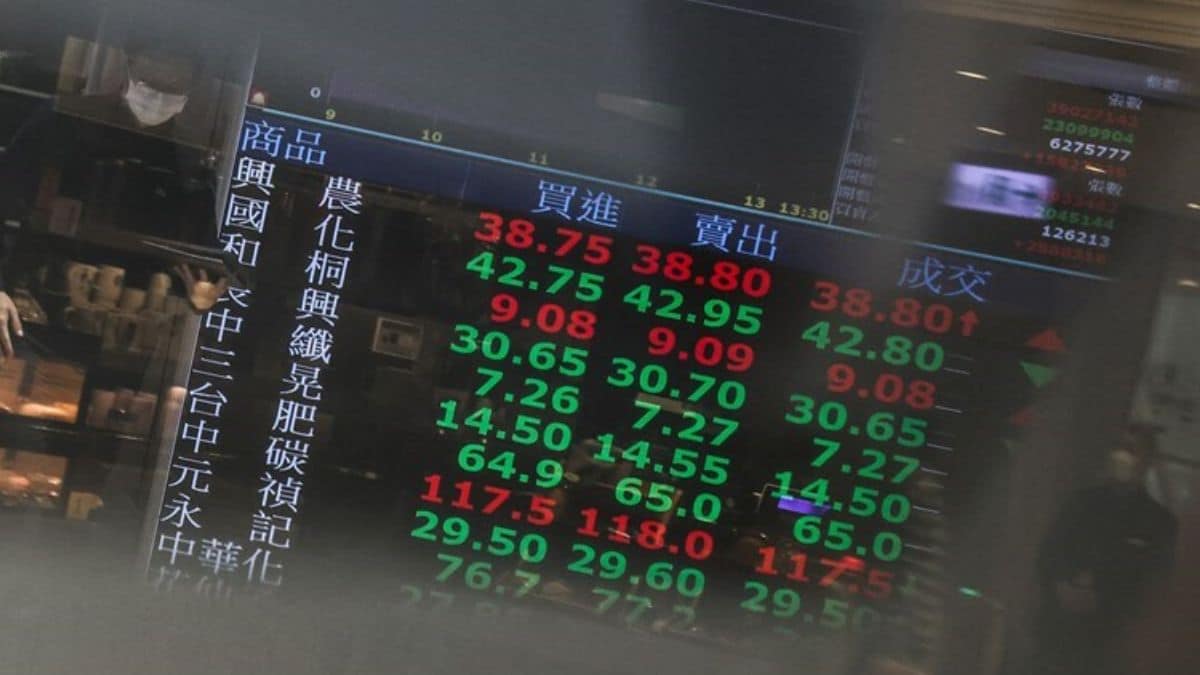The U.S. Commodity Futures Trading Commission (CFTC) is expected to prohibit American investors from trading futures contracts on the Taiwan Stock Exchange (Taiex) starting as early as July 29th. This move stems from the CFTC classifying the Taiex as a “narrow-based security index.”
The heavy weighting of Taiwan Semiconductor Manufacturing Co. (TSMC) in the Taiex has led the index to meet the criteria set by the CFTC for this classification. As a result, the regulator is poised to ban U.S. investors from trading both Taiex futures and mini-Taiex futures contracts.
While Taiex futures and mini-Taiex futures have different contract terms such as contract value and required deposits, their underlying asset is the same – the Taiex index itself. This high concentration in a single stock has prompted the CFTC’s impending trading restrictions for American investors.
Between February 15 and April 29, TSMC, the leading contract chipmaker and the most influential stock in the local market, contributed over 30 per cent of the total turnover on the local main board for 45 consecutive trading sessions. This led to the Taiex meeting one of the criteria set by the CFTC, defining it as a narrow-based security index.
Huang Hou-ming, deputy director of the FSC’s Securities and Futures Bureau, stated earlier this week that the Taiwan Futures Exchange (Taifex) will soon inform the CFTC that the exchange meets the criteria to be classified as a narrow-based security index. Subsequently, the exchange will await a response from the CTFC regarding the revocation of trading permissions for Taiex futures and mini-Taiex futures.
Huang mentioned that the CFTC’s revocation of trading permission for Taiex futures and mini-Taiex futures is likely to be implemented on July 29 due to a three-month grace period.
To address concerns about the impact on the local stock market, Huang pointed out that U.S. investors account for only 0.7 per cent of transactions in Taiwan’s futures markets.
Huang observed that numerous investors in the U.S. markets are affiliated with multinational corporations, enabling them to engage in Taiex futures trading through international subsidiaries. He anticipated that the impact of the revocation on the local equity market would be minimal.
However, historical instances suggest that the repercussions could be more severe. In April 2021, the CFTC revoked trading permissions for Taiex futures and mini-Taiex futures due to TSMC’s substantial weighting, leading to the classification of Taiex as a narrow-based security index.
These permissions were not reinstated until October 2022. Throughout this period, the Taiex plummeted from 16,571 to 12,856.
Huang indicated that it is improbable for the FSC to impose a cap on the weighting of a single stock to prevent a CFTC prohibition.

